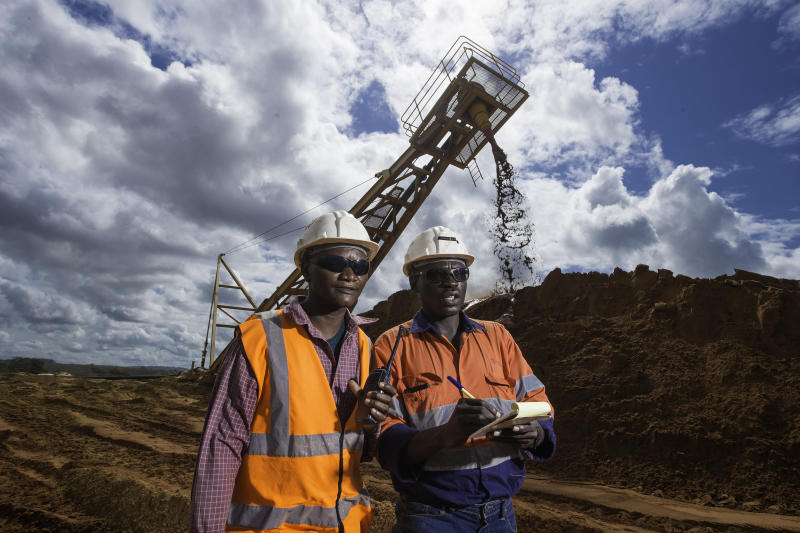×
The Standard e-Paper
Home To Bold Columnists

Data from the Kenya National Bureau of Statistics shows that mineral and quarrying contributed only 0.7 per cent to our Gross Domestic Product last year.
It seems the country has given up on mineral exploration and exploitation. Do you know anyone whose job description is a miner, beyond bitcoins?






